Tags: Ecosystem
The Mediterranean Reaches a Historic Milestone in the Regional Endeavour for Greener Shipping
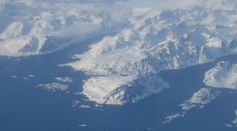
2-Million-year-Old DNA From Ancient Sediment in Greenland Reveals a Lost Arctic World

Saving One Butterfly Species Fueled a Collaborative Nature of Survival, Rescuing a Whole Ecosystem
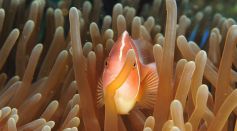
Nekton Maldives Mission Discover a Hidden Ecosystem in a Sunken Seamount

About 20 Quadrillion Ants are Crawling on Earth Based on New Estimates

Human Activities Affect the Ecosystem, Biodiversity of Anthropocene Small Mammals

How to Choose Which Species to Save? The Path Towards Conservation Triage Explained
Large Hydrothermal Vent Field That Plays Vital Role in Ocean Ecosystems Discovered on East Pacific Ocean Seafloor

Orca vs. Great White Shark in Cape Town, South Africa; Killer Whales Feast on Sharks' Livers Driving Them Away From the Hotspot
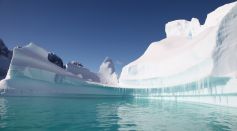
Scientists Found a 'Hidden World' 1,600-Foot Underneath the Thick Ice in Antarctica

Climate Change Alters Oceanic Ecosystems Making Predators Hungrier

Historic Wooden Shipwrecks Become Habitats for Microbes, Shaping Microbial Ecology and the Ecosystem

Bobcat Vs. Burmese Python in First-Ever Documented Face-Off: Watch Who Between The Two Won the Fight

Coral Reef Ecosystem Disrupted for Over a Century Now; New Study Highlights Substantial Warming Trends
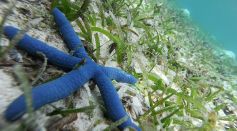
How Seagrass Wasting Disease Affect Eelgrass Ecosystems

Mass Extinction Effects Analyzed by Social Networking Algorithm for Fossils
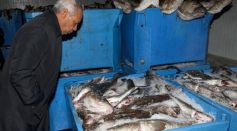
Scientists Surprised to Catch Unexpected Fish, Squid Species in Central Arctic Ocean

What If the Moon Will Explode and Disappear? Living Things, Oceans, Ecosystem, and Climate Affected
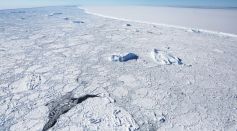
Total Darkness, Thriving Ecosystem Beneath Antarctic Ice Shelf That Existed 6,000 Years Found
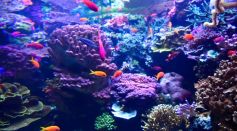
Odd-Fish Sounds Recorded 3 Years After Massive Construction of Coral Reef Decoded, What Did Scientists Discover?
Most Popular

Persistent Coughs Are Everywhere: Here's What Experts Think Is Causing It

Ancient Hotspot Found to Have Created Great Lakes 300 Million Years Ago

Mysterious Structures Discovered Beneath the Pacific Ocean, Puzzle Scientists

Health Benefits of Drinking Hot Chocolate





